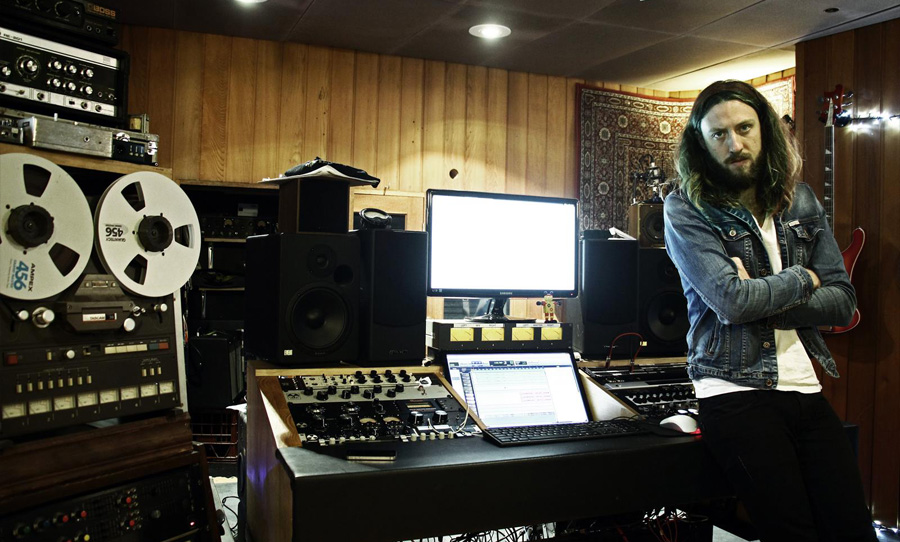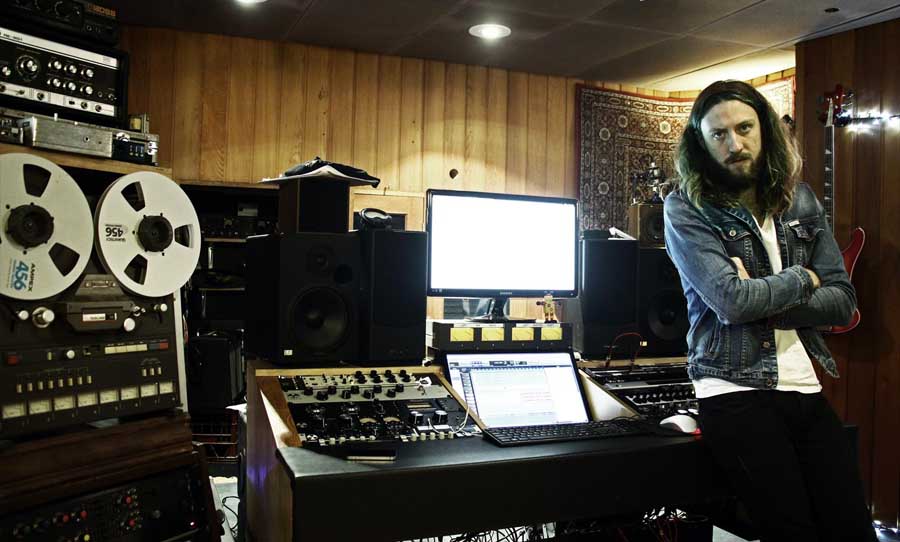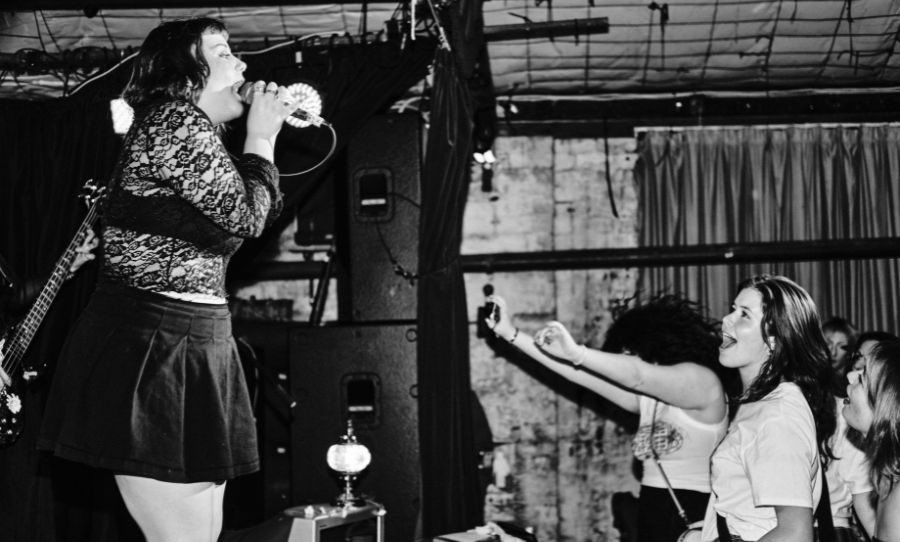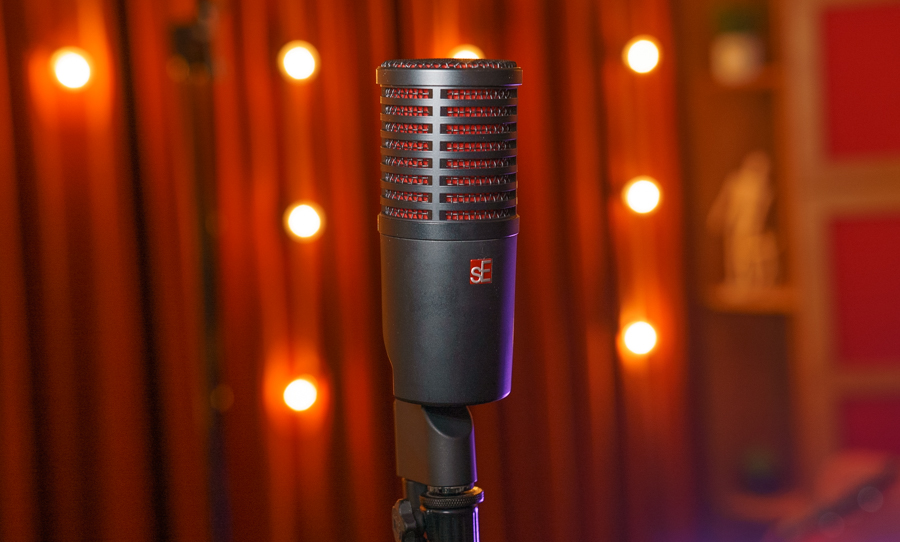Audio equipment has never been more accessible than it is right now, so it’s no surprise that producers, engineers, and musicians from all over the world have been creating their own home studio setups.
Even for a muso at the top of the ladder, a home studio can be an important place to lay down demos, sketch out ideas, and find some creative solitude. But if you’re setting up a home studio of your own, there’s plenty you need to know – and plenty you should avoid.

Setting up a home studio? Before you get started, listen to the sage advice of record producer and audio engineer Nick Franklin.
Nick Franklin is a producer, engineer and musician who has worked alongside international heavyweights like Miley Cyrus as well as local heroes such as Buddy Dingo. He also teaches audio engineering at JMC Academy and makes music in his own band, Australia.
We recently sat down to chat about his tips for setting up a home studio, as well as a few of amateur audio’s most common pitfalls.
Franklin is a big believer in “getting your feet wet”, and diving into the audio experience with a hands-on approach. When it came to the ever-important question of buying gear, he offered:
“If you’re buying any equipment – and this is regardless of what stage you’re at in your career, the best thing to do is buy the best thing that you can possibly afford, because I just bought so many cheap things and replaced them.“
And on the bare bones of what those first gear purchases should be, he passed on some excellent counsel:
“I think the bare minimum equipment you might need for setting up a studio at home would probably be some music software or a DAW [Digital Audio Workstation] of some kind. I don’t really think it matters which one when you’re starting out.”
“Probably some headphones for listening to the music on, potentially some speakers but really you could get by quite a while just listening to the sound on your headphones.”
Check out the video above to find out what else Franklin had to say, but know this:
“… we’ve never been at a better time I think for recording quite cheaply at home.”
Find out more about JMC Academy here.



